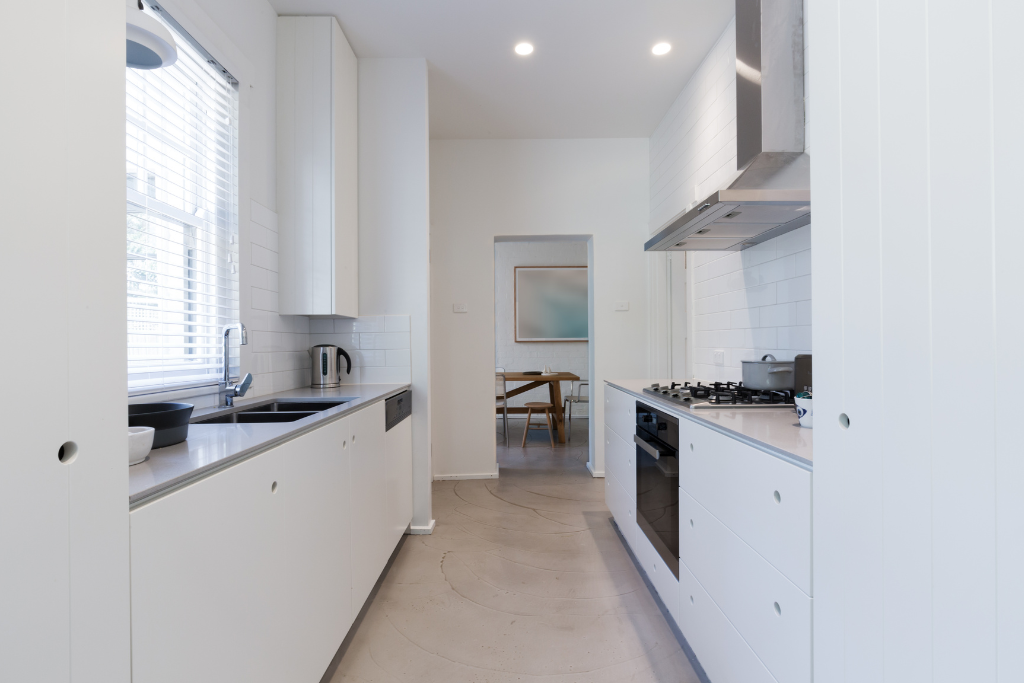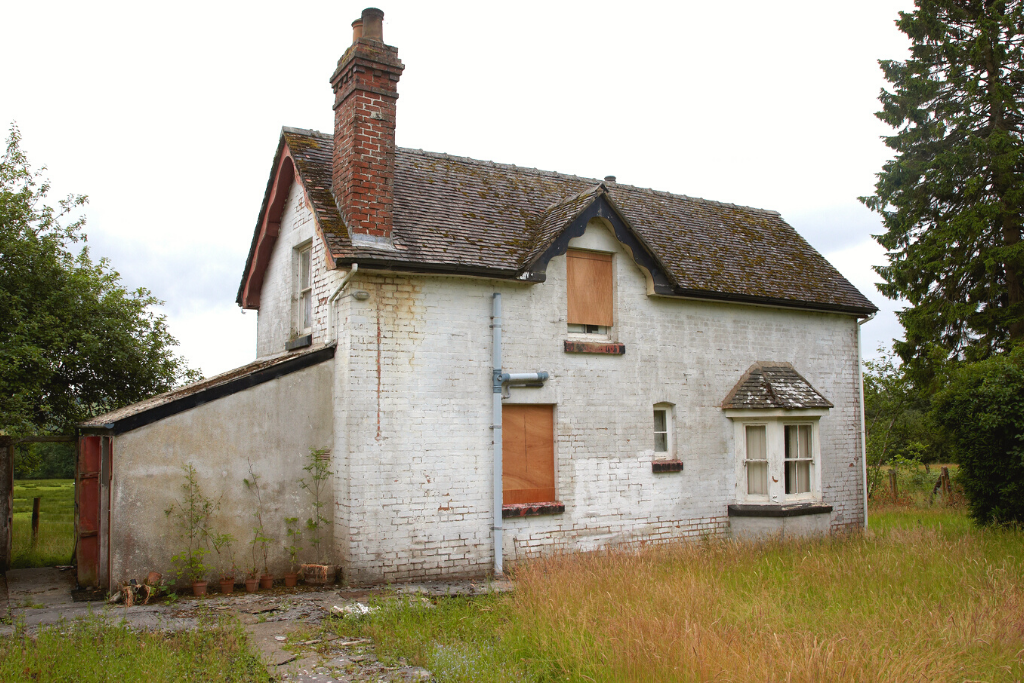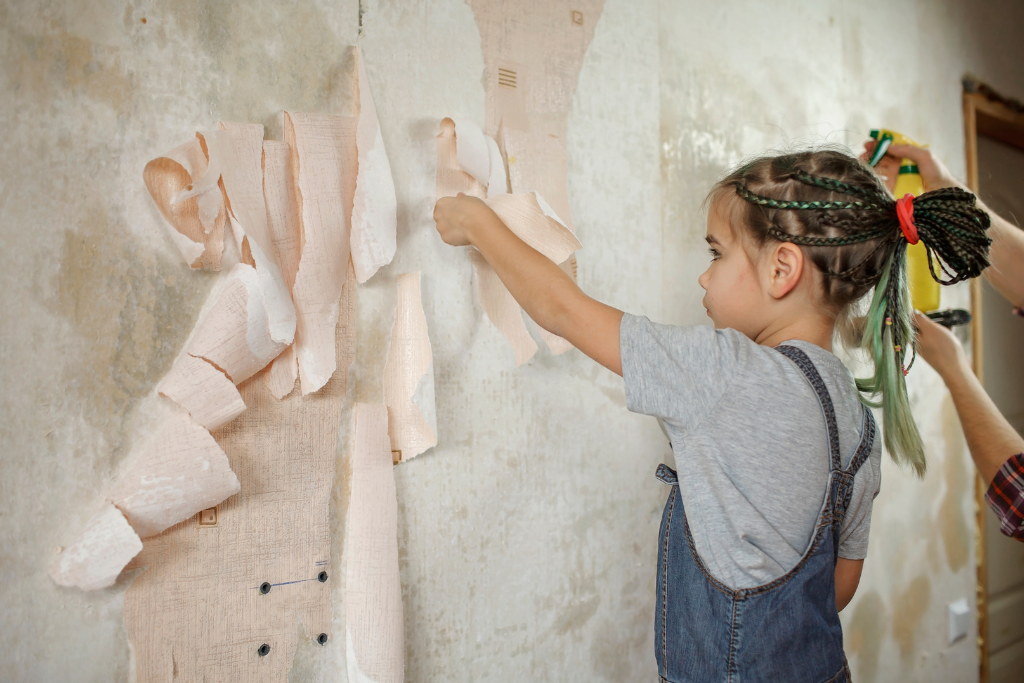
What are cash buyers only and why do sellers prefer them?
This is an example summary of an example page with a bunch of different test titles and segments.

Table of Contents
What does cash buyers only mean?
Cash buyers only means that sellers and vendors will only entertain house offers from potential buyers who have the cash funds readily available without relying on financing or mortgages.
The term cash buyers only is often used interchangeably with cash purchases only and cash buyers only property.
Buyers who are relying on mortgages, funds from other sources (like inheritance) or loans, or the buyers are awaiting a property to sell, they may have their offers rejected. They will need to provide proof of funds – which could be done using a recent bank statement.
Can cash buyers offer less on your property?
Yes, this is known as buying below market value and is a completely normal industry practice. But, this is the question you will need to ask yourself – would you rather your home sell faster for a lower price? Or sell slower for a higher price?
Selling to cash buyers only isn’t like selling normally on the open market where you will get offers below and above your asking price. In most cases, the buyer may put in offers below market value because they need to renovate or fix their property.
Do cash buyers pull out?
Until contacts are exchanged, all buyers can pull out of a property transaction – this includes cash buyers. Although cash buyers do say selling with them ‘guarantees’ a sale, this isn’t necessarily completely true.
Why would a house be cash buyers only?
A house would be cash buyers only, if the seller is looking for a fast sale, there are issues within the property or it needs some renovation works.
Most people selling with cash buyers only will expect to sell their home below market value as they are accepting the speed of sale in return for a lower selling price (usually 80% to 75%).
Why are cash buyers only good for fast sales?
Cash buyers only means that the seller is not waiting on the buyer to be accepted for a mortgage – which can often be one of the most time consuming parts of selling a house.
In a normal house sale, not waiting on mortgage approval means that they are in a stronger negotiating position but, if a house is only accepting cash offers the margin for profit will decrease as everyone is in the same boat.
If you are looking to sell your house and you want to do it quickly, finding a cash buyer could be a good idea, alternatively you could sell your house to us! We can help you sell your house in as little as 28 days but also find you a price you’ll be more than happy with.
Why are cash buyers only good for properties needing renovation?
Cash buyers only are great for sellers with issues within their property, especially ones that need renovation. This is because most cash buyers will be looking for damaged or derelict properties in order to renovate them and either let them out or sell onwards.
This means that they can buy below market, add value to the house, and then sell for maximum profit.
As long as you announce any issues within your property when they initially look around, then selling below market value for cash can be a very viable option. If you hide any structural issues within the property, then the buyer could pull out.
Why do sellers prefer cash buyers only?
Most people sell to a cash buyer because they are after a quick sale, with some cash buying companies being able to buy in as little as seven days.
But, as you probably know, the property market isn’t that simple and there are plenty of different reasons people decide to sell a property to cash buyers only.
Some other reasons sellers prefer cash buyers only is because they are:
- A Landlord trying to sell tenanted properties and avoid busy waiting on buy to let mortgage applications.
- A divorced couple selling after separation.
- Someone trying to stop repossession.
- Someone who has inherited a property that needs a lot of work.
- A seller or vendor that has been gazumped and needs to sell fast.
Why are cash buyers only good for properties with structural issues?
Properties that have structural issues like subsidence, heavy roof damage, bowed walls or dampness caused by leaks are often put on the market as cash buy only. This is because they require a certain amount of investment which is accounted for in the buyer’s asking price.
If the property has been victim to serious damage and is in a state of repair from fire or flooding then, again, cash buyers only can often be the best way to sell.
If the property suffers from Japanese Knotweed, then it may be sold to cash buyers only. Getting rid of Japanese Knotweed can be expensive, and annoying, but it must be announced to any potential buyers.
If your property has been damaged by damp due to condensation, a leaky roof or flooding then you may find that it will cost you a large investment to fix yourself. Potential cash buyers will be able to invest into the property with their own cash reserves.
Furthermore, many experienced property renovators and developers are often cash buyers, which is why if you know neighbouring damaged properties have been sold to a developer it could be lucrative for you to follow this route too. Developers will often look to purchase multiple properties in a small vicinity in order to create a larger development plot.
Some other reasons to sell your house to cash buyers only are:
- The property is old and/or does not have an Energy Performance Rating of C or above.
- The property has been built with non-standard construction materials.
- The property is considered smaller than usual, and may in fact be too small to get mortgaged.
- The location of the property makes it problematic for mortgages, for example it’s in an undesirable or hazardous area.
- The property has a short or defective lease; if a leasehold property has less than 80 years remaining it can be difficult to sell on the open market.
- The property is plagued with legal issues due to negative easements, unfulfilled overage clause obligations, planning or building control limitations and restrictive covenants.
- The property is mixed use, meaning it is split between residential and commercial units.
Are property cash buyers any good?
One of the main benefits to selling your house to a cash buyer is that you avoid property chains, as the cash buyer is not waiting to sell a house before buying yours. Not only does removing the property chain mean the process is faster, it also decreases the chance of the sale falling through.
One of the biggest reasons house sales fall through is because the house sale slows down, or halts due to issues with mortgage applications, conveyancing or issues within the property.
Most of which can be avoided by cash buyers as they have their own funds, use their own streamlined solicitors and will get independent RICS valuations before they put in an offer.
But, there are better ways to sell your house in a short period of time, for more profit. For one, you could sell your house fast to us!
We are an online estate agency who can help you sell your house in as little as 28 days, all while covering all the marketing and legal costs associated with the house sale.
Want to get started?
Cash buyers only FAQs
Cash purchasers only refers to where the seller says that they will only accept payment in cash for the property, and they will not consider mortgage or other financing options.
Some sellers may prefer cash purchasers only because they can be faster and involve fewer complications as the buyers do not need to wait on mortgage approval.
However, limiting a house sale to cash purchasers only can restrict the pool of potential buyers, as not everyone has the financial means to make cash purchases.
If you come across a property listing on Rightmove or Zoopla, labelled as cash purchasers only, and you’re still interested in the property, it’s advisable that you consult with an estate agent (like us) to explore your options.
When a home is a cash buyers only property, similarly to cash purchasers only, it means that the property will only welcome cash offers.
If you find a cash buyers only property and you do not have enough cash to purchase the property, then in most cases your offer will be rejected.
However, you may get lucky if the cash buyers only property hasn’t got the interest needed and the vendor may entertain a mortgage offer – but you will need to have already attained approval and be ready to move on a fast timeline.
When it comes to selling a house, most articles will tell you, you will need to work out which is most important – time or money, but, this isn’t the case!
It is completely possible to sell your house for cash and get market value, as here at The Property Selling Company, we believe that selling a house should be three things: fast, effortless and free.
We offer a fantastic full online estate agent service, without all the fees – because it’s our mission to change the way people sell their houses.
If you want to sell your house for cash, and for full market value then we will find the right buyer for you! We pride ourselves on our exceptional service, and we hope we will see you soon.













